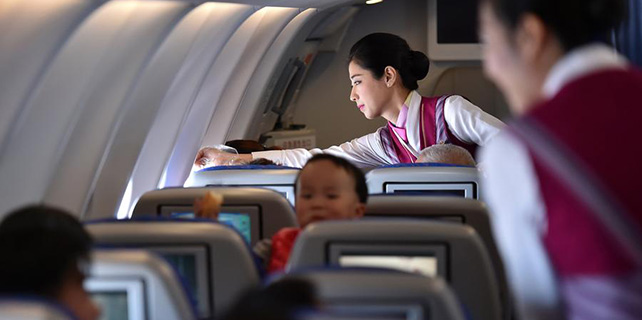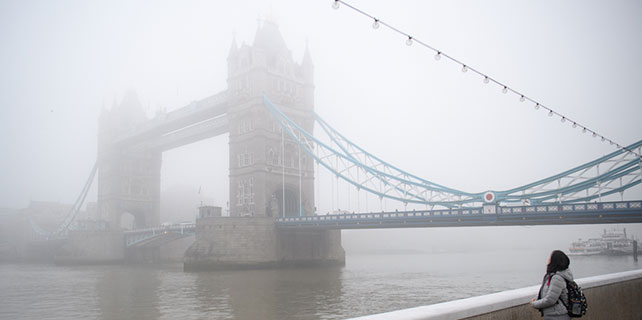Overseas students fret travel rule
Anna Zhou was researching restaurants and counting the days until her long-planned trip to Mexico City last Friday when US President Donald Trump signed an executive order banning citizens of seven majority-Muslim countries from entering the US for 90 days.
Even though no part of the order would affect her, the Beijing native and Ivy League graduate who now works in New York City was warned by her lawyer - and her friend whose parents are lawyers - not to leave the country at the risk of being rejected for re-entry.
"It's somehow surprising for the immigration tightening up to come so fast in such an extreme way," said Zhou.
International students in the US got more worried this week when news outlets published stories examining leaked drafts of executive orders aimed at overhauling work visa programs, including the Optional Practical Training (OPT) that grants international students with higher degrees 12 to 29 months to work in the US and the H-1B work visa, which non-US citizens heavily rely on to get jobs in the country.
"A lot of the Chinese international students are talking about it on WeChat," said Cheng Minghao, president of Columbia University Chinese Students and Scholars Association and a third-year PhD candidate in physics.
"They are worried, and I'm worried myself actually," he said. "I'm worried it will make job hunting even harder."
As an employer, Allan Zhang of Trustlook, a Silicon Valley security firm, sees the urgency for a reform of work visas, as he has seen systematic flaws which have let outsourcing companies get the most H-1B visas while other tech companies have struggled to get enough.
"It needs reform, but not a radical one. A radical change will hurt the technology industry. America needs these sharpest minds from around the world," he said.
As students anxiously watch for potential executive orders, Congress is also working on visa reform.
With a bachelor's from Cornell University and a master's from Columbia University, Zhou is in the OPT program and will apply for the H-1B visa this April which should put her in a lottery with hundreds of thousands of candidates for the annual 85,000 quota.
A bill introduced by Congresswoman Zoe Lofgren from Silicon Valley requires a foreign worker to earn or get a job offer of more than $130,000 a year to qualify for an H-1B visa. It is more than double the current H-1B minimum wage, and if passed, it will disqualify Zhou and many others from applying for the visa.
Earlier this month, Trump's policy chief Stephen Miller suggested abandoning the current lottery process and instead soliciting visa petitions for jobs that pay the highest salaries.
"I don't think salary equates to ability, and I don't think the numerical digits can justify where I shall be in this world," said Zhou.
Rahul Choudaha, co-founder of interEDGE, which offers career consulting and coaching to international students in the US, believes the tightening up of legal immigration and work programs for foreigners will "result in many international students opting-out of the US as a preferred destination of choice", and will "hurt the American economy and higher education institutions".
On social media, Chinese students and young professionals in the US are saying it's about time to go back home. Some are prepared, some are pure worried, others are considering it.
"It may not be a bad thing if we have to go back to China. There are good opportunities back home," said Zhou.
For now, she is expecting to wait for hours on the phone to reschedule her flight to Mexico City.
hezijiang@chinadailyusa.com
















